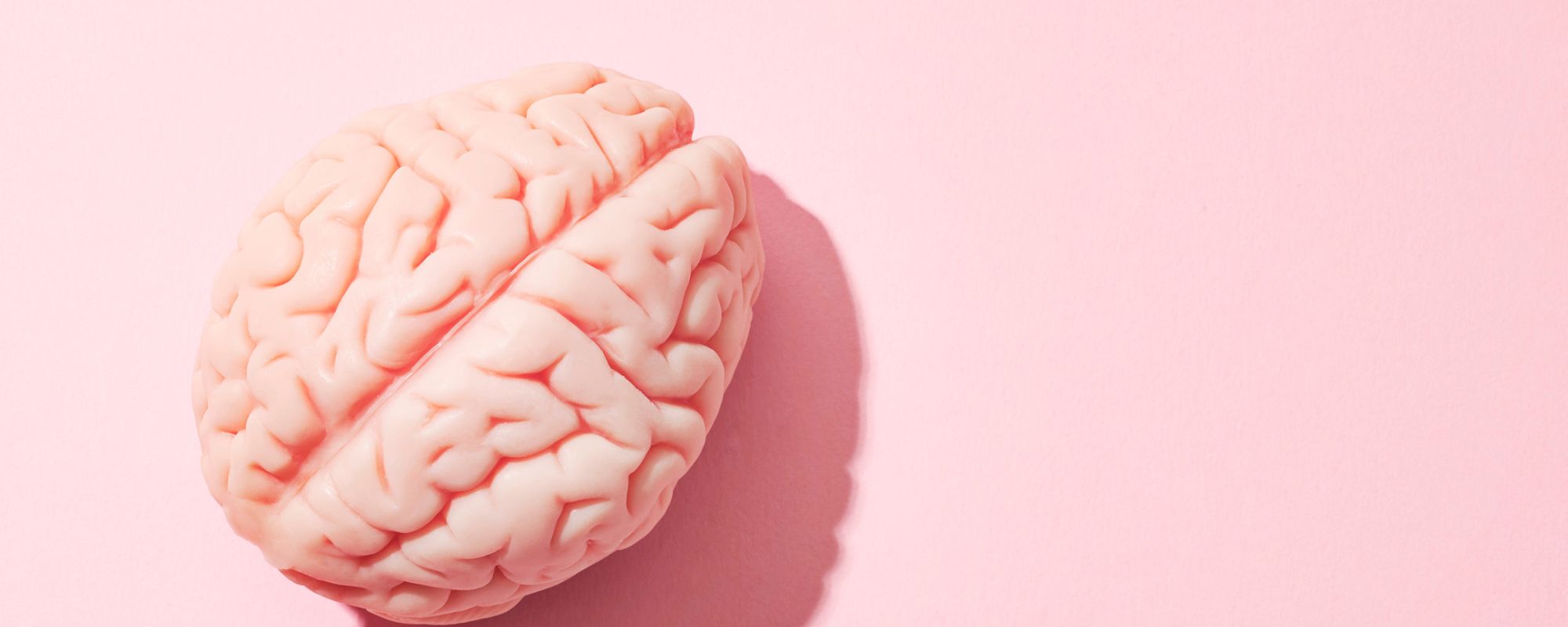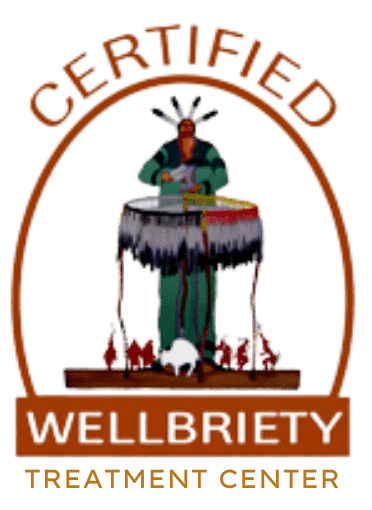If you are looking for a mental health facility in your area, you should first know what to look for when finding quality care. Receiving clinical mental health counseling can be an extensive process. This is why it is important to find a treatment center that is a good fit for you and your needs.
What Is a Mental Health Facility?
A mental health treatment center is a facility that is specifically designed to provide care for people with mental illnesses. These facilities offer a range of services. Whether you are looking for short-term crisis intervention or long-term rehabilitation, a mental health clinic can offer the support you need.
Mental health facilities are typically staffed by a diverse team of treatment professionals. This includes psychiatrists, psychologists, nurses, and social workers. These professionals combine their expertise to develop individualized and comprehensive treatment plans.
Mental health facilities can help with a wide range of mental health conditions, including:
- Mood disorders
- Anxiety disorders
- Psychotic disorders
- Eating disorders
- Personality disorders
- Substance use disorders
- Trauma and abuse
- Grief and loss
- Adjustment disorders
What Are the Benefits of Mental Health Care?
Mental health care offers many benefits to those who seek care at these facilities. The exact advantages you can look forward to can vary depending on your specific situation and treatment needs. With that being said, the benefits of mental health care generally include:
- Improved Overall Well-being:
- Reduced mental health symptoms.
- Increased emotional regulation and coping skills.
- Enhanced self-esteem and self-confidence.
- Reduced risk of self-harm or suicide.
- Enhanced Quality of Life:
- Increased ability to function in daily life, work, and school.
- Improved physical health and reduced risk of chronic diseases.
- Increased sense of purpose and meaning in life.
- Increased Productivity and Success:
- Improved focus, concentration, and problem-solving abilities.
- Increased job satisfaction and career success.
- Enhanced academic performance.
- Stronger Relationships:
- Improved communication and conflict-resolution skills.
- Increased empathy and understanding of others.
- Stronger and more fulfilling relationships.
Mental Health Disorder Treatment Programs
Mental health disorder treatment programs vary greatly depending on several factors. This can include the severity of your condition, as well as your specific care needs and recovery goals. Generally, though, mental health disorder treatment programs will entail the following:
- Inpatient Mental Health Facility Programs:
- Hospitalization: Provides 24/7 care in a hospital setting. This is best suited to those with severe mental health conditions.
- Residential Treatment Centers: Offers a structured living environment with intensive therapy and support.
- Outpatient Mental Health Facility Programs:
- Partial Hospitalization Programs (PHPs): Intensive day treatment with therapy, medication management, and support groups. However, individuals return home in the evening rather than living at their treatment facility.
- Intensive Outpatient Programs (IOPs): Less intensive than PHPs, but still involves several hours of therapy per week.
- Traditional Outpatient Treatment: Regular appointments with a therapist on an individual, group, or family basis.
Anxiety Disorder Treatment
Annually, studies show that an estimated 19.1% of the U.S. population suffers from an anxiety disorder. Because of how prevalent these conditions are across the country, healthcare professionals have introduced several effective methods for treating them.
Most mental health treatment facilities offer support for anxiety disorders. These programs often combine medication-assisted treatment with various psychotherapies and holistic interventions. This allows individuals to manage their symptoms while learning healthy coping mechanisms and life skills.
Depression Treatment
As one of the most common mental health disorders in the United States, depression treatment is equally extensive. Most depression treatment programs entail comprehensive care. This often includes medications, holistic and psychotherapies, and peer support groups. By combining each of these treatment interventions, individuals can achieve lasting mental well-being.
Trauma and PTSD Treatment
Trauma and PTSD treatment aims to help individuals heal from the deep wounds caused by traumatic events. These programs tend to be more personalized, using medications and psychotherapies. Combining these treatments allows professionals to target the specific cause of a person’s trauma. Once this has been addressed, they can help their client build healthy coping mechanisms and regain control of their lives.
Personality Disorder Treatment
Personality disorders are complex conditions that can significantly impact a person’s life. Treatment often involves a combination of therapies and can require a long-term commitment. However, seeking treatment for personality disorders can significantly improve an individual’s quality of life and general well-being.
What Happens During Mental Health Treatment?
Mental health treatment can vary greatly depending on your specific needs and goals. However, there are some general steps that you can expect to follow in your journey to improving your mental health, including:
Initial Assessment and Individualized Treatment Plan
The initial assessment usually involves a comprehensive interview to gather your information. During this process, your clinician may ask about your symptoms, medical history, family history, and current life circumstances.
Additionally, you may undergo tests to assess your cognitive abilities, personality, and emotional state. A physical test may also be conducted to rule out any underlying medical conditions that could be contributing to your symptoms.
Based on the assessment, your mental health professional will create a personalized treatment plan. This will be designed to address your specific needs and goals. To do so, your treatment plan may include a combination of therapies, medications, or lifestyle changes.
Evidence-Based Psychotherapy for Mental Health Disorders
Psychotherapy involves regular sessions with a therapist to explore your thoughts, feelings, and behaviors. There are several evidence-based psychotherapies that are commonly used for the treatment of mental health disorders, including:
- Cognitive-behavioral therapy (CBT)
- Dialectical behavior therapy (DBT)
- Eye movement desensitization and reprocessing (EMDR)
- Group Therapy
Holistic Treatment Programs for Mental Health Disorders
While psychotherapies are essential for mental health treatment, it can be important to incorporate holistic treatments into the recovery process as well. There are several holistic forms of clinical mental house counseling, including:
- Stress Management Techniques: Relaxation techniques, mindfulness, exercise, and healthy eating habits.
- Animal Therapy: Working with animals to build a sense of responsibility and purpose outside oneself.
- Art Therapy: Uses methods of creative expression to provide an emotional outlet for those struggling with mental health issues.
- Support Groups: Connecting with others who understand your experiences.
Mental Health Facilities Near Me: Which One is Best?
When looking for a mental health clinic, there are several things you should keep in mind in order to make the best choice. At Sound Recovery Centers, we distinguish ourselves as a top mental health facility through several key components, including:
Experienced and Caring Staff
Our diverse team of mental health professionals prioritizes providing compassionate and comprehensive care. From licensed therapists to case managers, addiction specialists, social workers, and more, we offer every form of support you need.
You will have constant access to an experienced and caring staff throughout the entirety of your treatment process. They will help support you through all the struggles and victories of your recovery journey.
Licensed and Accredited
One of the best ways to tell if a treatment facility offers high-quality care is to check whether it is backed by licenses and accreditations. Sound Recovery Centers is backed by the recognition of several well-trusted organizations, including the American Society of Addiction Medicine (ASAM) and The Joint Commission (TJC). These accreditations ensure our facility provides only the best care possible to each of our clients.
Unique Levels of Care
Just as your specific circumstances and mental health issues are unique, so too should your treatment process be. At Sound Recovery Centers, we offer unique levels of care and customized treatment plans. This allows us to provide the personalized care you need to achieve lasting recovery.
Specialized Treatment Programs
Some mental health facilities offer specialized treatment programs. These are designed to address less common mental health issues and concerns faced by specific groups. At Sound Recovery, our Tribal Healing and Valor programs offer the specialized support Native Americans, Veterans, and First Responders need to overcome their mental health struggles.
Veterans and First Responders
As one of the main groups affected by these issues, Sound Recovery Centers offers specialized care for veterans and first responders. Our Valor program provides the safe and structured environment these individuals need to recover. In addressing the specific issues veterans and first responders tend to face during and after their service, we help our clients achieve lasting recovery and peace of mind.
Native American Mental Health Treatment
Sound Recovery Centers believes that our Native American communities should have access to mental health care that takes their culture and history into consideration. Our Native American Mental health treatment program combines evidence-based and spiritual healing practices. In doing so, we provide our Indigenous communities with the opportunity to overcome their mental health obstacles in a culturally-informed environment. Our dual diagnosis approach means we can treat co-occurring mental health and substance abuse issues.
Using Insurance to Pay for Mental Health Facilities Near Me
If you are thinking about attending a Washington State mental health facility, it is important to know what your payment options are ahead of time. Under the Affordable Care Act, all major insurance providers are required to provide the same level of coverage for the treatment of mental health disorders as any other medical condition.
At Sound Recovery Centers, we are in-network with several healthcare providers. Our goal is to provide high-quality care at a price that everyone can afford. Our admissions team is available 24/7 to help you understand your coverage options. Reach out to us to learn more about how therapy sessions at our behavioral health center can help today.














